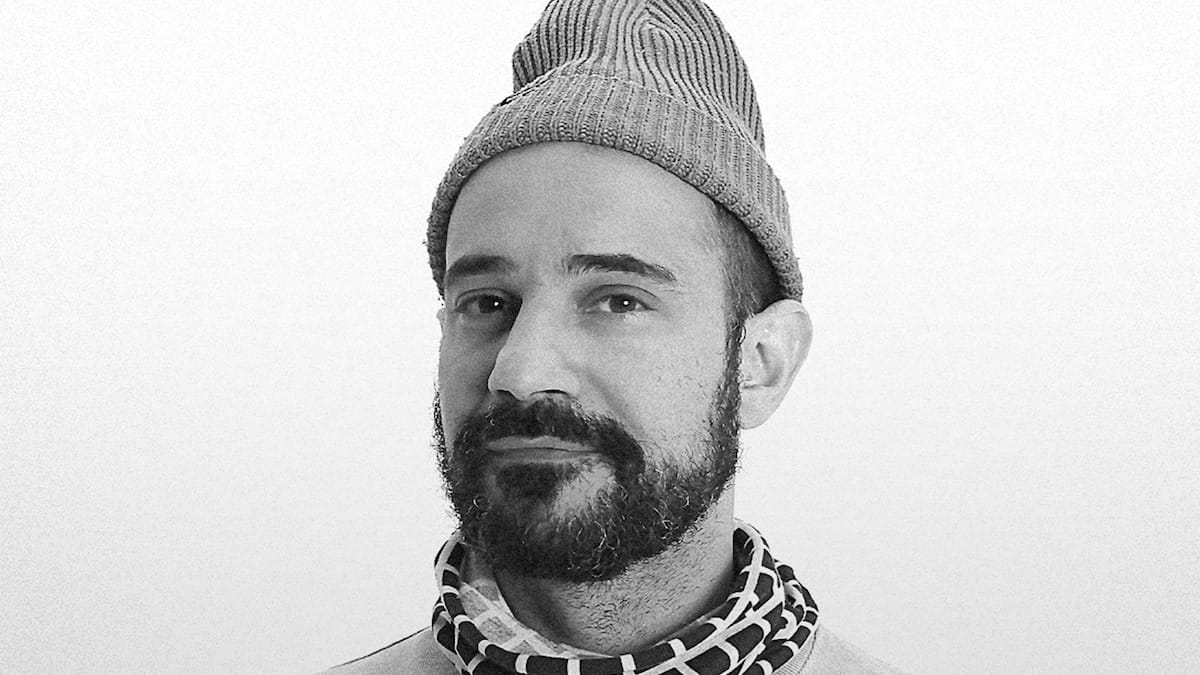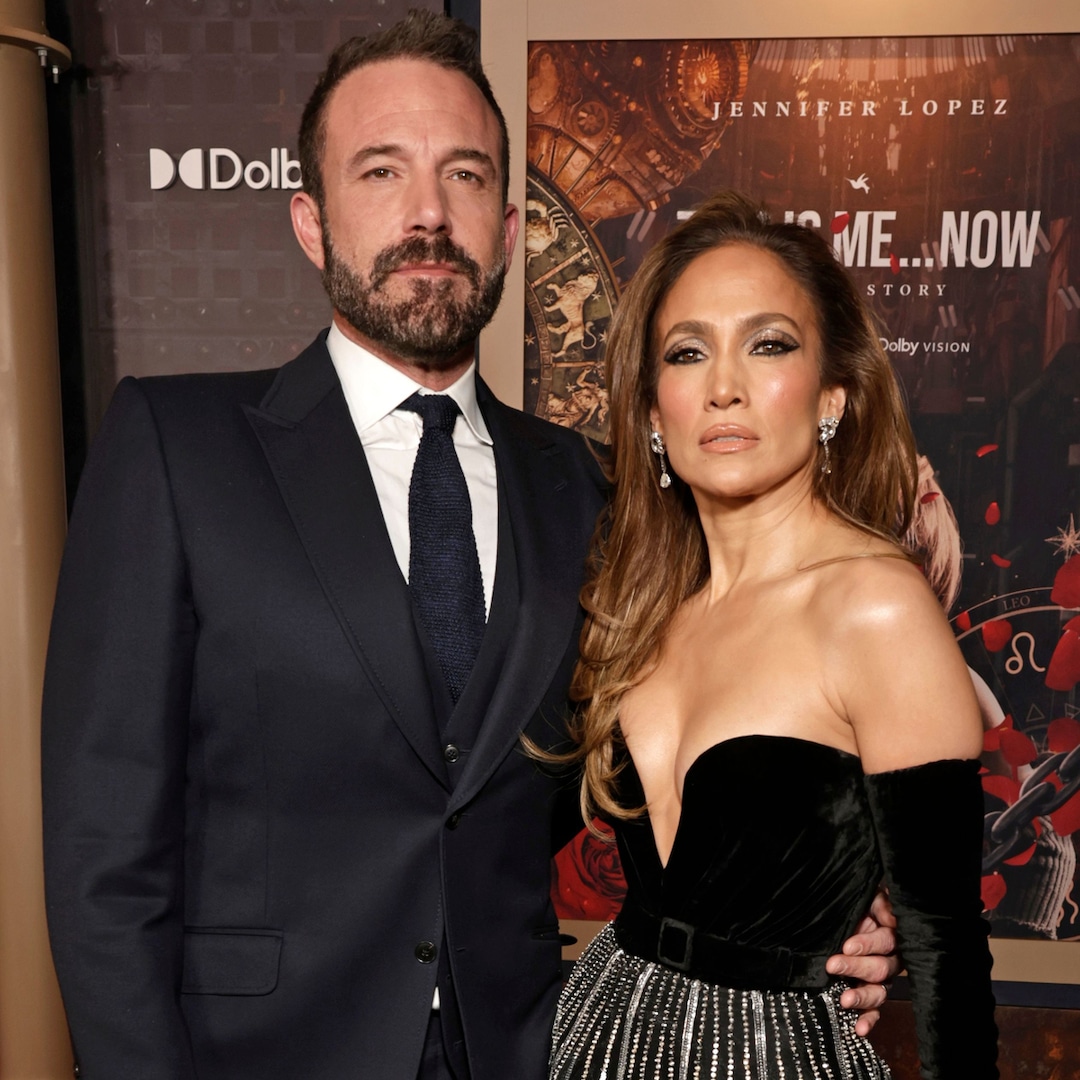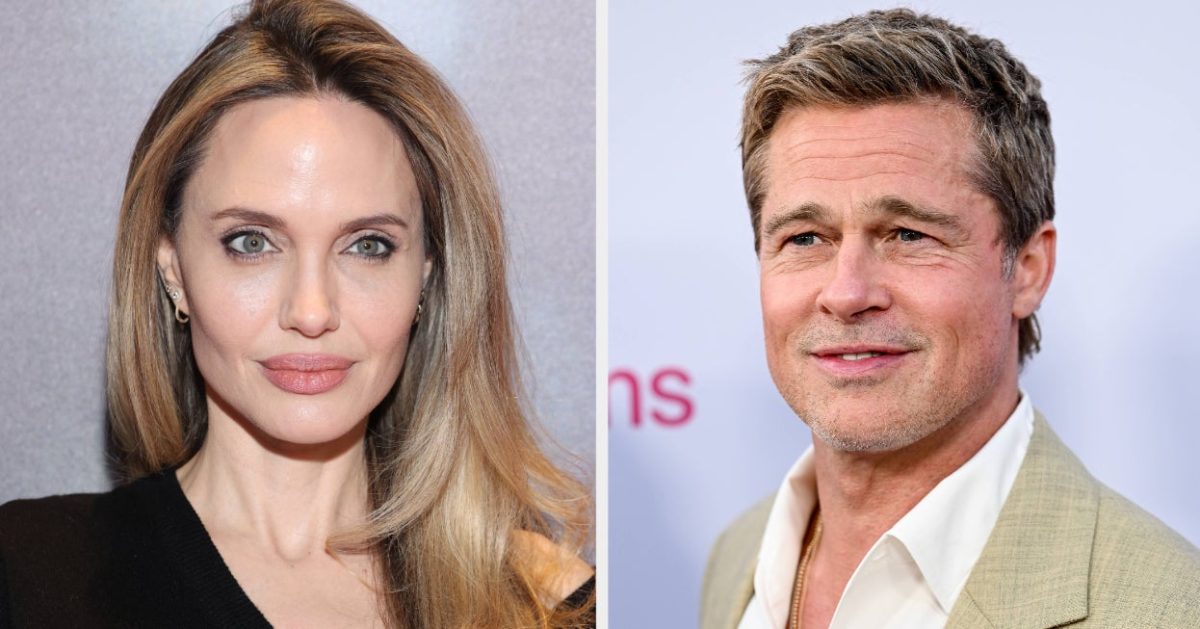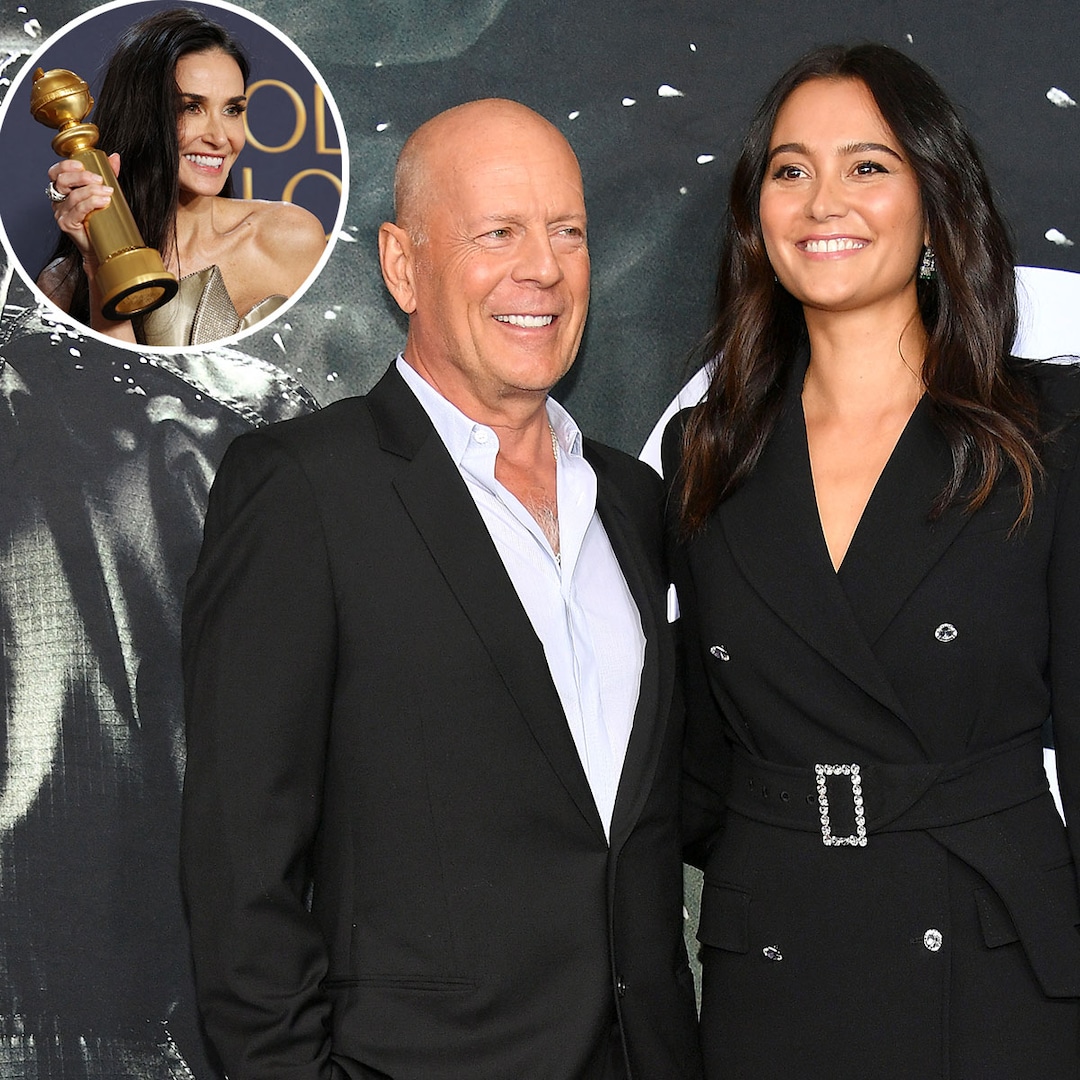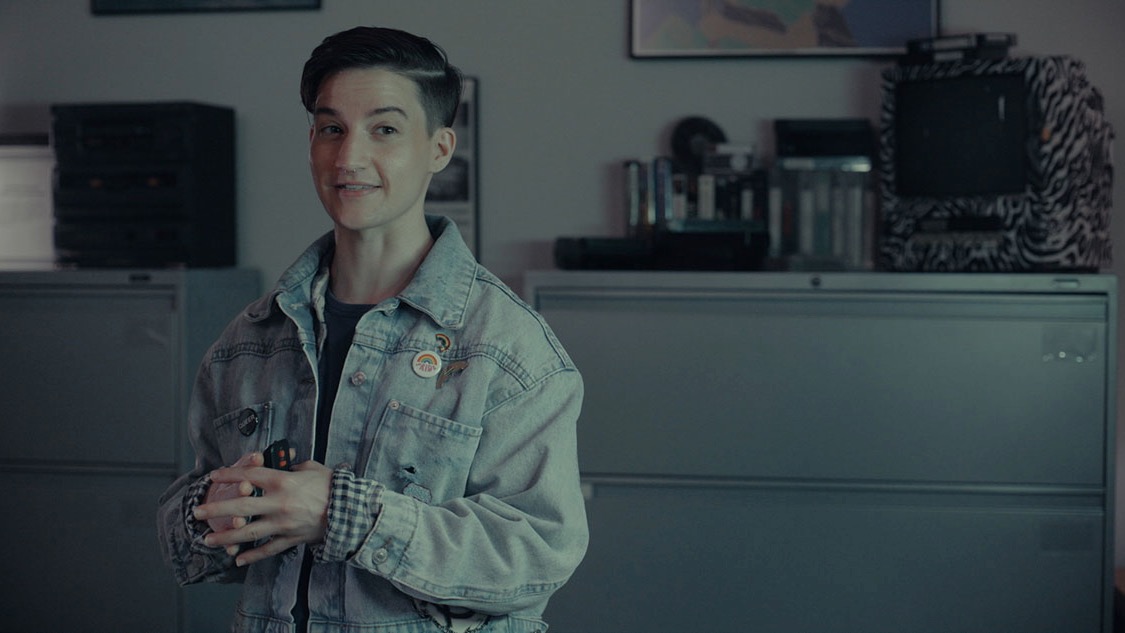
“I Operate From a Trans Lens, or Frame, as Though It Is the Only Choice Available”: Jules Rosskam on Desire Lines
Mar 29, 2024
Desire Lines
For me, watching Jules Rosskam’s Desire Lines, which won this year’s Sundance Special Jury Award in the NEXT competition, was a cinematic breath of fresh air. The experimental feature combines no holds barred interviews with transmen (of all shapes and colors) who are attracted to men, with a fictional storyline involving a real archive (one that includes shamefully buried history, like the story of author/ activist Lou Sullivan, probably the first transgender man to publicly identify as gay). The result is a riveting look back in time, and to the present and possible future, to reveal how, in the words of the director, “gender and sexuality animate each other.”
Post-Sundance Filmmaker reached out to Rosskam, who is also a longtime artist and educator, to learn all about reframing queer history through a trans lens. After playing the Thessaloniki International Documentary Festival and BFI Flare, Desire Lines will screen at the upcoming Wicked Queer, Cleveland International and Milwaukee film festivals.
Filmmaker: In your director’s statement you say that your films “utilize complex and nonnormative structures precisely because as a queer and trans person I use complex and nonnormative structures to understand myself and the world around me.” Is this why it was important for you to include the fictional element in what could otherwise have been a more “straightforward” archival history doc, or even a (much-needed) Lou Sullivan biopic?
Rosskam: The short answer is yes. Another answer is that I tend not to find “straightforward” docs — including biopics — particularly compelling. I think they lean toward providing some kind of complete “answer” about a historical figure or subject, and I find questions far more engaging than (singular) answers.
For me, the most interesting film is a puzzle that I am uncertain I will be able to put together right up until the final moment when I say it is done. Additionally, with Desire Lines as well as with some of my previous films, I didn’t think the story could, or should, be told through one genre; different filmic modes of address ask different things from the audience. I felt this topic had a lot to ask of all of us, so I wanted to approach it with a lot of breadth.
Filmmaker: You also say in your statement, “Something I think about often when I turn the camera on someone other than myself is, ‘What kind of power dynamic exists there. In what ways might the questions I pose actually harm the person in front of the camera?’” I think non-cisgender folks are especially attuned to power dynamics — a lot of us are drawn to the gender-free space of BDSM as well — which makes me curious to hear how you frame or approach the uncomfortable questions and difficult subjects. What exactly does that look like?
Rosskam: This is a very hard question to answer. It reminds me of a discussion I was just having with my partner about moderating conversations and “holding space.” How it feels almost impossible to describe what the skills are that make someone good at this, while simultaneously acknowledging that we both identify as people who do those things well.
I think what makes someone good at this, in part, is the ability to actually be present to all of the dynamics, which are largely unspoken, happening in a space. There is very little in our culture that sets us up to be present; to be attentive to the micro-movements and meta-communications that are always unfolding.
But that’s what I try to do when I show up to interview someone. I spend time communicating with the person ahead of time about what they can expect, and what they might need from me in order to show up as their full(er) self. I keep the crew as small as possible so there are fewer dynamics to manage; and in the case of Desire Lines we had crews that reflected our participants identities whenever possible.
While it would be disingenuous to say that I have no expectations or desires about what an interviewee might say, I really try to check as much of that as I can and be present for what is actually unfolding in the space between us. This also means that I understand people may be tailoring their answers — consciously or otherwise — to what they think I want to hear; or what feels safe and appropriate for them to share with me given our respective identity positions and access to power.
Filmmaker: Though trans women have been calling out cis gays and lesbians for misogyny and transphobia since at least the time of Sylvia Rivera’s “Y’all Better Quiet Down” speech, I think this is the first film I’ve seen that really addresses this issue from the transmasculine perspective. But considering the current anti-trans and anti-queer backlash from the conservative parts of straight cisgender society, did you hesitate at all before including anything that might be perceived as shining a negative light on the LGBTQIA+ community?
Rosskam: Yes. And honestly, it could have been a film that was so much more critical of cis gay men and their misogyny, but I did not want to sow further divisions between cis and trans men, while also not pretending like these relationships are not incredibly fraught.
And not just that, but I thought a lot about things people said in the relative safety of a room with other trans folks and what really needed to be shared publicly. There are a number of things that people revealed on camera that shocked me and that undoubtedly made for “good cinema,” but I feared would hurt them taken out of the context of their larger interview; or that might be taken up by right-wing conservatives in their seemingly endless — and utterly immoral — pursuit to legislate us out of existence.
Filmmaker: I’m also wondering if you’ve figured out any best practices for counteracting the cisgender framing of trans and nonbinary folks that has led to the dangerous backlash. Just increasing our presence in cultural and civil society won’t change much if we simply uplift trans people who cling to the cisgender POV (i.e., the Caitlyn Jenners of the world), and thus provide visibility without any meaningful change to the status quo.
Rosskam: Sadly, I don’t think I have a best practice for countering the cisgender framing of trans and nonbinary folks, except to say that I simply reject their framing as inherently flawed and therefore choose not to engage. I think when someone asks you a question and the framework that question rests on is utterly false, the best option is just not to answer the question at all. Perhaps a better way of putting it is: I simply operate from a trans lens, or frame, as though it is the only choice available. Otherwise you’re right, there will be no meaningful change to the status quo.
Filmmaker: “Desire” is such a radical, anti-puritan word, and a feeling that needs to be reclaimed since, as you’ve noted, we’ve been taught to separate gender from sexuality when the reality is that “gender and sexuality animate each other.” (Indeed, a lot of us only came to our gender realization through our sexual desire.) Is this separation just another manifestation of society’s insistence on the binary? The inevitable result of so many cis gays and lesbians insisting “it’s who we love not how we fuck” in order to gain mainstream acceptance? What’s your relationship to your film’s title?
Rosskam: Yes, this is just another false binary that people are helplessly attached to. Not just a binary, however, but a myth that these categories of identity are somehow separate from one another. This includes not just gender and sexuality, but also race, class, and nationality. All of these things co-constitute each other in complex but entirely traceable ways. But to name that is to truly acknowledge what bell hooks’ called “White-Supremacist Capitalist Patriarchy” as the organizing logic of our culture, which of course it is.
My relationship to the film’s title is similar to those in the film. When I came out as trans, I experienced a shift in my desires. This was scary and, in some ways, undesirable. I didn’t actually want to be attracted to men. The reality is is that I’m attracted to all kinds of people and bodies, and I always have been. But the experience of desire while occupying one kind of body versus another not only feels different but has different social implications.
I also think about desire as existing not just in a sexual realm but, in a psychoanalytic sense, as the driving force behind why we do anything. Perhaps more than anything else, I desire to know [everything].
Filmmaker: Finally, I’m rather curious to hear your thoughts on XR, which a lot of trans creators view as new enough to perhaps avoid being hijacked by our hetero-cis-supremacist society as cinema has. Might this be a better hope for escaping the binary than simply pushing the boundaries of an over-a-century-old format?
Rosskam: I think for now the answer is probably yes; it’s just not a medium I feel compelled to work in, for better or worse. But I am not an optimist, and so I think it’s just a matter of time before this space is also co-opted by the mainstream. Capitalism is a hungry beast and it will eventually neutralize everything.
Publisher: Source link
Celebrities With Their Own Companies
Celebrities With Their Own Companies Whether you aspire to be an actor or musician, getting the shot at a big break is hard enough. But managing to make a career outside of what you were already famous for? Now that's…
Jan 7, 2025
Jennifer Lopez Reunites With Ex Ben Affleck at His Home
Jennifer Lopez & Ben Affleck Reunite at His L.A. Home Amid EstrangementThis is a pair of friendly exes...now. Less than five months after filing for divorce from estranged husband Ben Affleck, Jennifer Lopez reunited with the two-time Oscar winner at…
Jan 7, 2025
Why Angelina Jolie Won’t Talk About Brad Pitt Divorce
Why Angelina Jolie Won't Talk About Brad Pitt Divorce For a quick reminder, Brad and Angelina started dating back in 2005 after meeting on the set of their movie Mr. & Mrs. Smith. They didn’t get married until August 2014,…
Jan 6, 2025
Bruce Willis’ Wife Emma Reacts to Demi Moore’s 2025 Golden Globes Win
Demi—who wore custom Armani Privé to the event—beat out fellow nominees Amy Adams, Cynthia Erivo, Karla Sofía Gascón, Mikey Madison and Zendaya in her category. And when accepting her award, the 62-year-old shared a powerful message on overcoming a "low point"…
Jan 6, 2025
